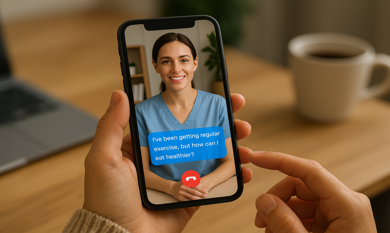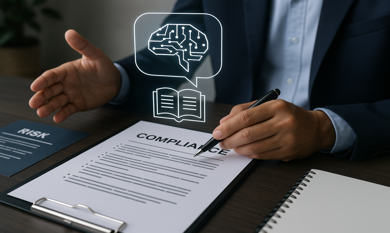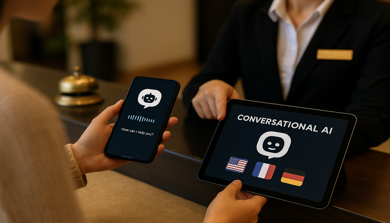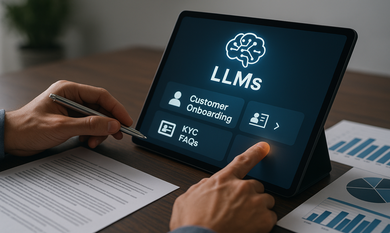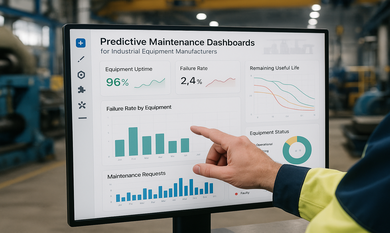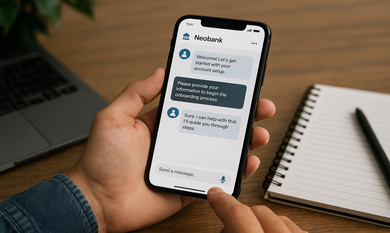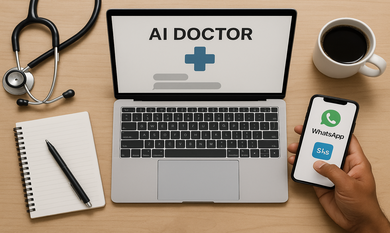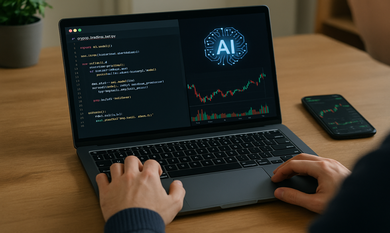In today’s digital healthcare landscape, data breaches have become one of the biggest threats to patient trust. Sensitive medical records, when compromised, can lead to devastating consequences—from identity theft to treatment mismanagement. As healthcare organizations move toward digitization, securing this data has become a top priority. This is where blockchain for patient data comes into play, offering an immutable, transparent, and decentralized way to protect sensitive health information.
Why Blockchain is Transforming Healthcare Data Security
Unlike traditional databases, blockchain operates on a distributed ledger system that records data in blocks linked through cryptography. Each transaction or record update is time-stamped and stored immutably, ensuring that medical data cannot be altered or deleted without trace. This feature creates immutable health records, providing both transparency and accountability in healthcare systems.
Blockchain ensures that secure medical data blockchain solutions can offer high-level protection against data tampering, unauthorized access, and fraud. For healthcare institutions struggling with interoperability and compliance challenges, healthcare compliance blockchain tools provide a way to exchange information securely while adhering to global regulations like HIPAA and GDPR.
Key Benefits of Blockchain in Healthcare
1. Tamper-Proof Medical Records
Once data is added to a blockchain, it cannot be changed or deleted, ensuring the authenticity of every entry. For instance, hospitals can use tamper-proof medical records to verify patient treatment histories and prevent errors due to outdated or manipulated data.
2. Decentralized Patient Data Management
With decentralized patient data systems, ownership of health records shifts from institutions to individuals. Patients gain control over who accesses their medical information and for how long. This helps eliminate the need for intermediaries and reduces the risk of centralized breaches.
3. Enhanced Privacy and Compliance
Blockchain supports HIPAA blockchain compliance by enabling healthcare providers to secure and track every piece of shared information. Each access request is recorded transparently, ensuring full traceability for audit purposes.
4. Faster and More Reliable Clinical Data Exchange
Blockchain can connect electronic health records (EHRs) from multiple providers, improving data sharing between hospitals, clinics, and insurance companies. These secure clinical record systems help reduce redundant tests, enhance diagnosis accuracy, and ensure seamless patient care.
Real-World Examples of Blockchain in Healthcare
Several global healthcare institutions are already implementing blockchain to strengthen data security and improve operational efficiency.
- Mayo Clinic has adopted blockchain pilots to enhance patient consent management and clinical data sharing, ensuring privacy and compliance in cross-institutional research.
- Guardtime Health, a leader in healthcare blockchain, secures over one million patient records with distributed ledger technology, providing Healthcare blockchain privacy solutions for government and private healthcare systems.
- Change Healthcare, one of the largest U.S. healthcare technology companies, uses blockchain to track and verify claims, minimizing fraud and billing errors while boosting transparency.
These examples illustrate how blockchain’s decentralized nature is reshaping the industry, creating a more reliable and secure healthcare infrastructure.
Blockchain’s Role in Healthcare Compliance and Regulations
Healthcare providers must comply with stringent data protection laws such as HIPAA and GDPR. Blockchain’s healthcare compliance blockchain capabilities make it a perfect fit for compliance-focused operations. Smart contracts can automate compliance verification by enforcing policies such as consent management, data expiration, and sharing restrictions.
Moreover, blockchain ensures traceability and transparency, making audits easier. Every data transaction—from patient registration to prescription sharing—is securely recorded. This ensures accountability and reduces risks associated with insider threats or human errors.
Integrating Blockchain with Modern Healthcare Solutions
Blockchain alone isn’t enough; it must integrate with existing digital healthcare infrastructures. Organizations are increasingly turning to custom healthcare software solutions Dallas to create interoperable platforms that combine blockchain with AI, IoT, and big data analytics.
For example, wearable devices and mobile apps that monitor patient vitals can record and share real-time data securely using blockchain. Combining blockchain with AI algorithms helps detect anomalies in medical records or identify unauthorized access attempts faster.
Similarly, startups and health tech companies use Flutter application development services Dallas to design mobile apps that give patients full control over their health data—allowing them to securely share records with doctors or pharmacies only when needed.
Challenges in Blockchain Adoption for Healthcare
Despite its potential, blockchain implementation in healthcare faces certain challenges:
- Data Standardization: Different EHR systems often store data in inconsistent formats, making integration with blockchain difficult.
- Scalability: Blockchain networks must handle millions of transactions per second to manage large-scale healthcare operations efficiently.
- Cost and Complexity: Setting up and maintaining blockchain infrastructure requires significant investment and technical expertise.
- Regulatory Uncertainty: Evolving data protection regulations can complicate blockchain deployment across jurisdictions.
To overcome these challenges, many healthcare organizations are collaborating with technology experts to build hybrid models that balance blockchain’s immutability with practical scalability.
Future of Blockchain in Healthcare
The future of healthcare will rely on transparency, patient empowerment, and data interoperability—and blockchain enables all three. As AI, IoT, and blockchain technologies continue to converge, we’ll see a new generation of secure clinical record systems capable of real-time analytics, decentralized access, and predictive diagnostics.
Imagine a future where wearable devices track your heart rate and blood sugar levels, updating a blockchain-based medical record instantly accessible to authorized doctors. Such a system would ensure secure medical data blockchain storage while supporting financial and operational efficiency for healthcare providers.
Additionally, hospitals could use smart contracts to automate insurance claims, ensuring faster reimbursements and reducing fraud. Pharmaceutical companies could trace every medicine shipment through blockchain, guaranteeing authenticity and patient safety.
Conclusion
In an age where healthcare data is as valuable as financial assets, blockchain is redefining how organizations store, access, and protect sensitive patient information. Its decentralized structure, immutability, and transparency make it the ideal foundation for building immutable health records and maintaining Healthcare blockchain privacy.
For healthcare enterprises looking to innovate, partnering with a trusted healthcare software development company Dallas like Theta Technolabs ensures secure, compliant, and scalable solutions tailored for modern medical ecosystems. With expertise across Web, Mobile, and Cloud, Theta Technolabs empowers healthcare institutions to achieve true data integrity and patient trust.
Ready to secure your healthcare data with blockchain technology?
Contact our experts today at sales@thetatechnolabs.com to explore how blockchain can transform your digital healthcare ecosystem.



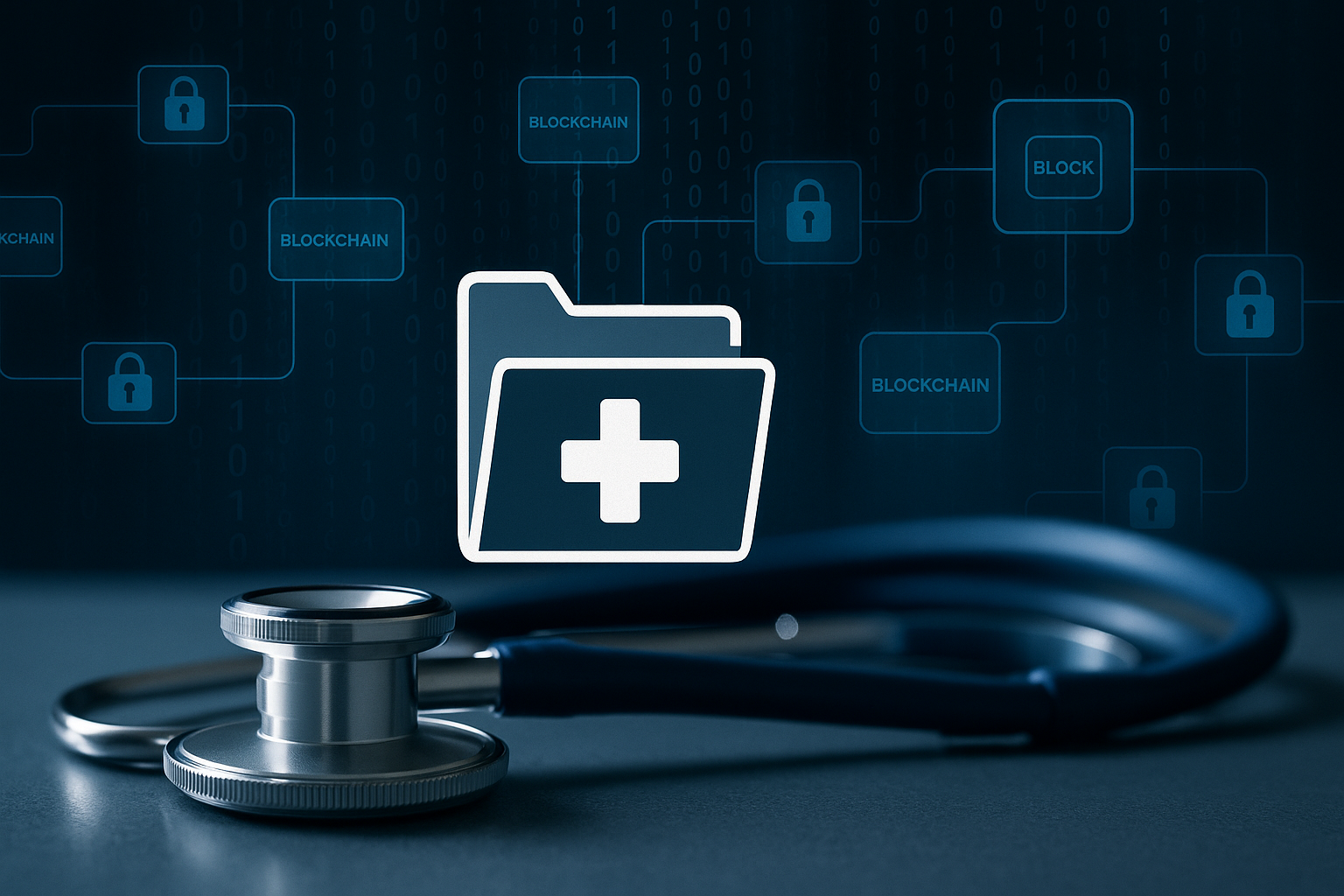













.png)










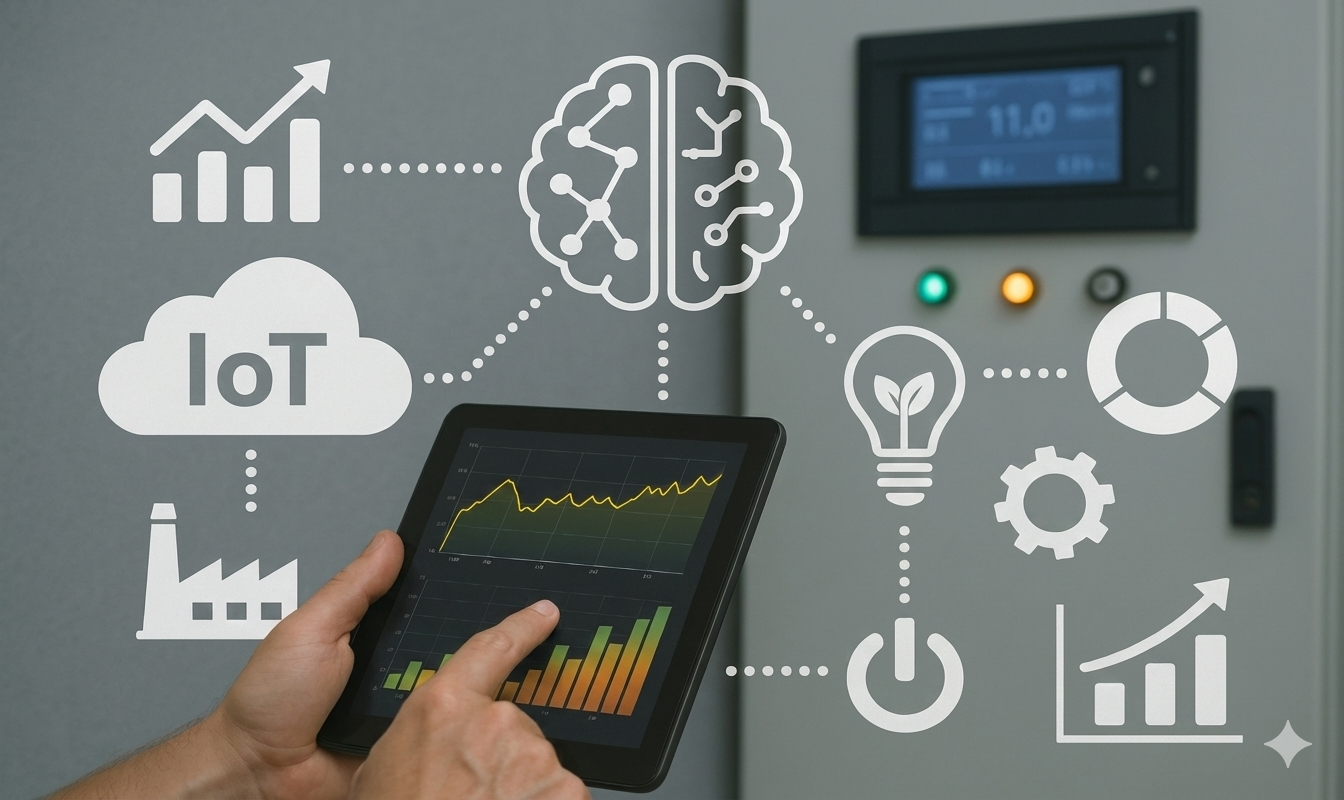









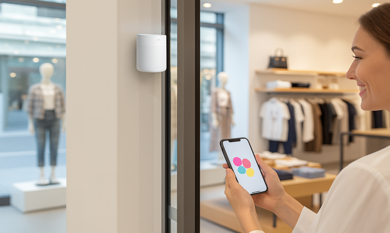
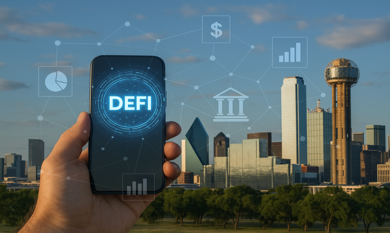


.png)

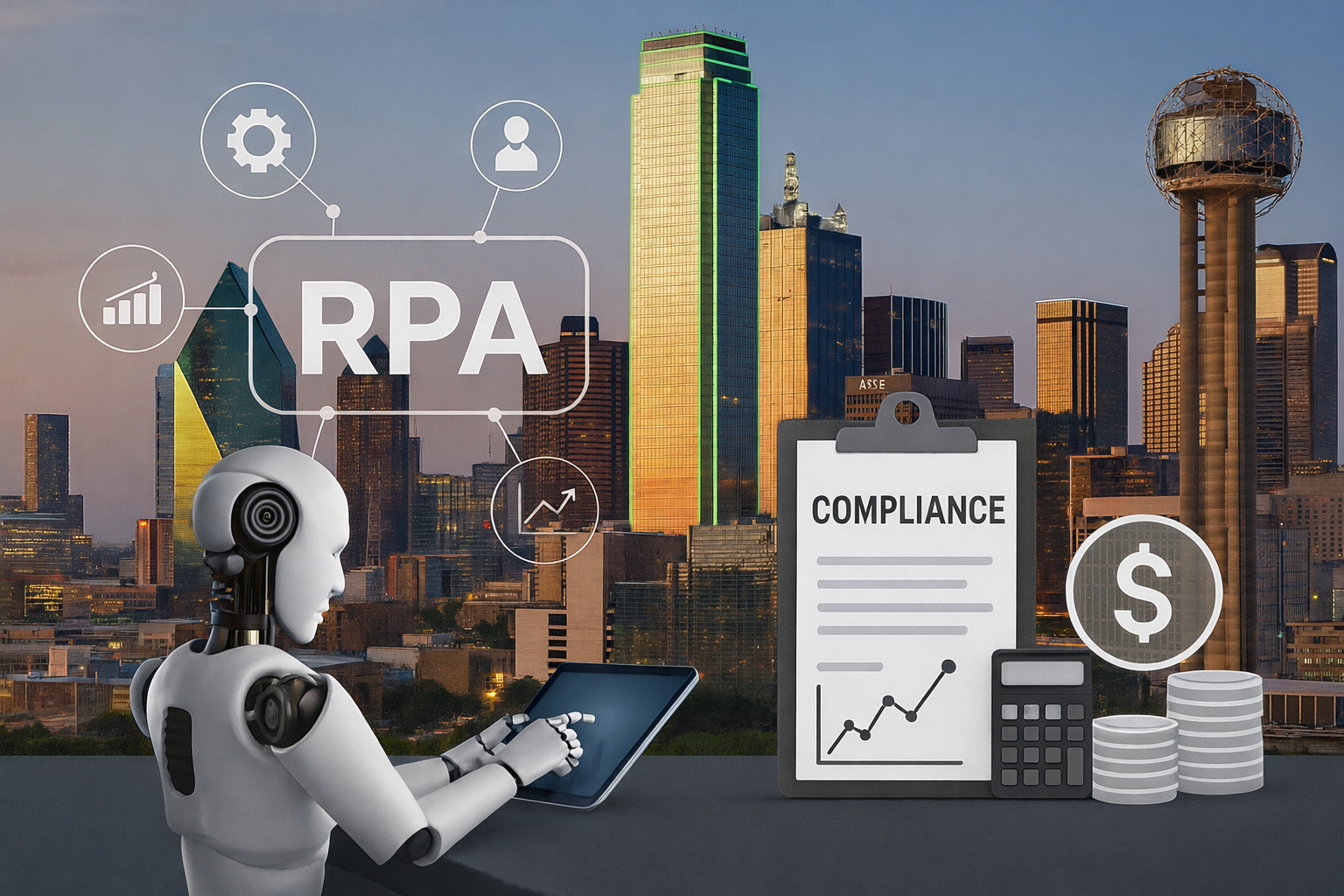

.png)



.png)








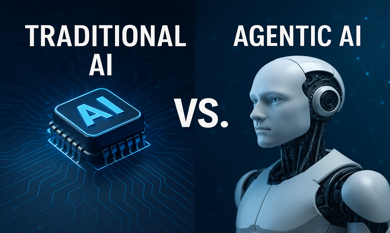
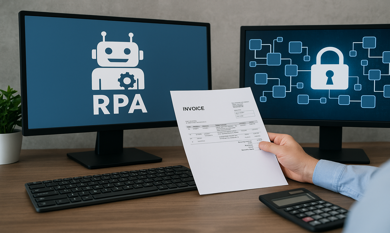

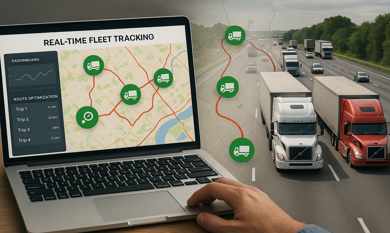

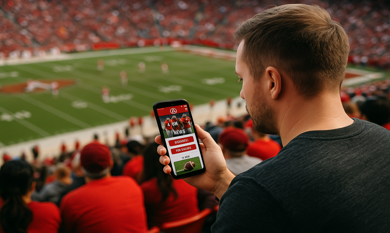



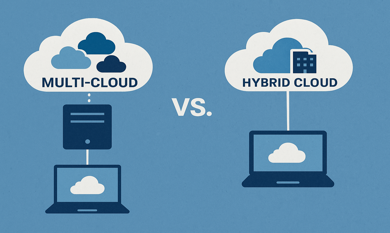
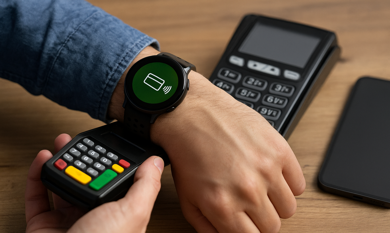
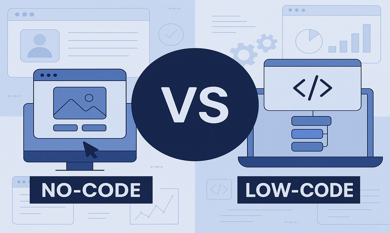
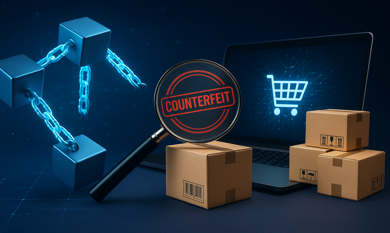
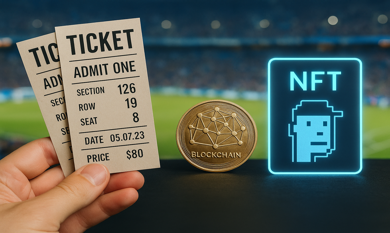
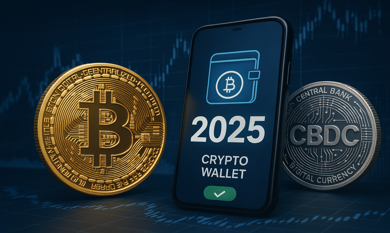
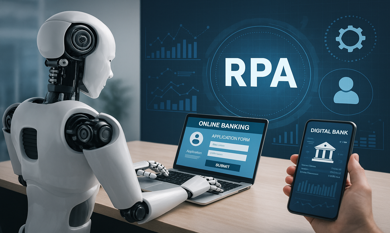


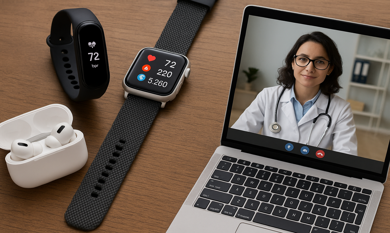

.png)
.png)






.png)
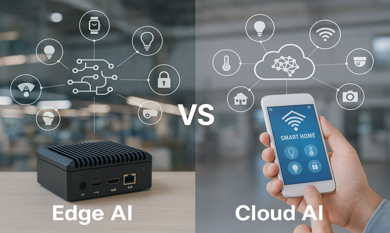
.png)
.png)
.png)


.png)
.png)
.png)
.png)

.png)
